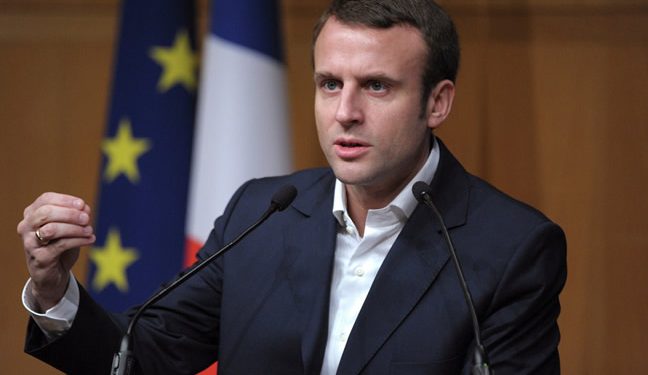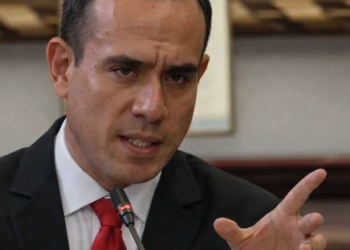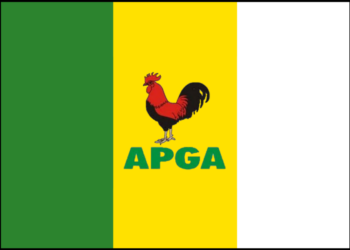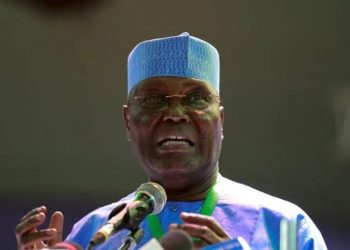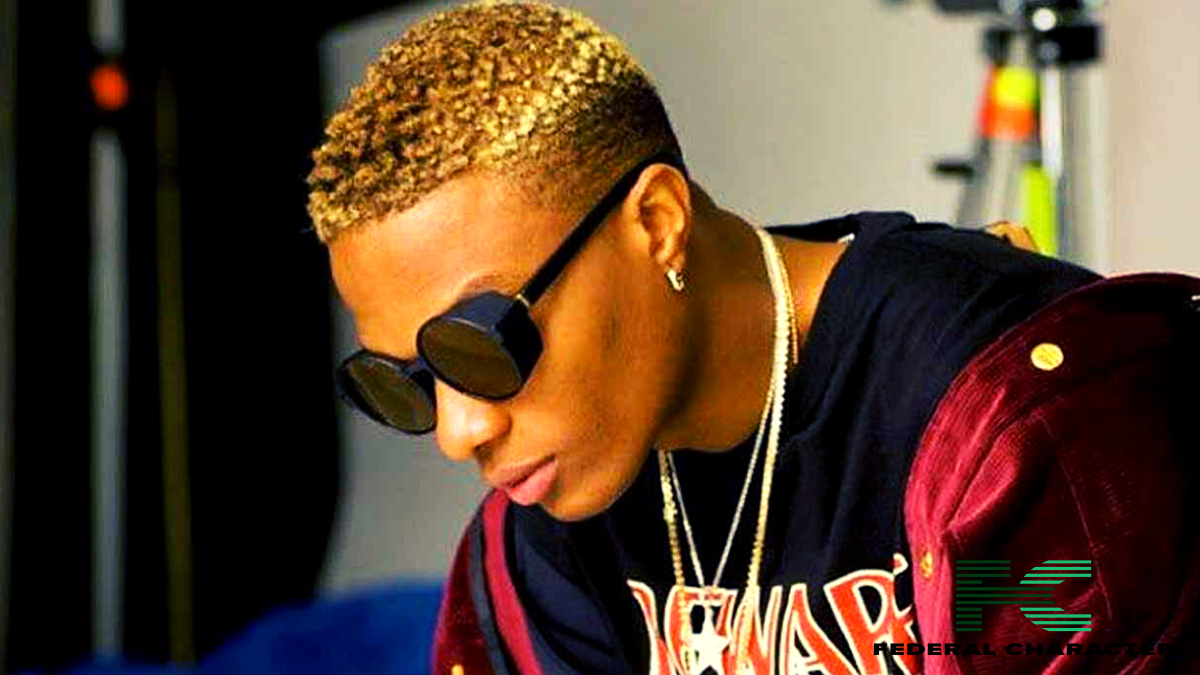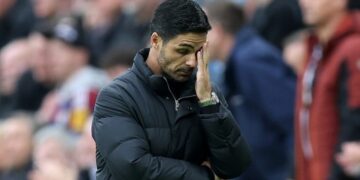President Emmanuel Macron, after just four days of searching for a new premier to resolve his self-inflicted crisis, has bizarrely asked the very man who resigned, Sébastien Lecornu, to return. This move is a bewildering sign of a presidency in deep, systemic distress.
Far from offering political stability in France and addressing the nation’s profound fiscal woes, the Macron-Lecornu reappointment is a transparent attempt to maintain the status quo, an option the French people have demonstrably rejected.
Lecornu, a loyal Macron ally described, somewhat grandiosely, as a “soldier-monk,” has accepted the mission “out of duty.” The duty, however, is not just to form a government, but to hit an impossible deadline: presenting next year’s budget to parliament by Monday.
This is the crux of the crisis, not the personalities. France’s mounting public debt sits precariously at almost 114% of GDP (the third highest in the eurozone) with this year’s deficit projected to balloon to 5.4%.
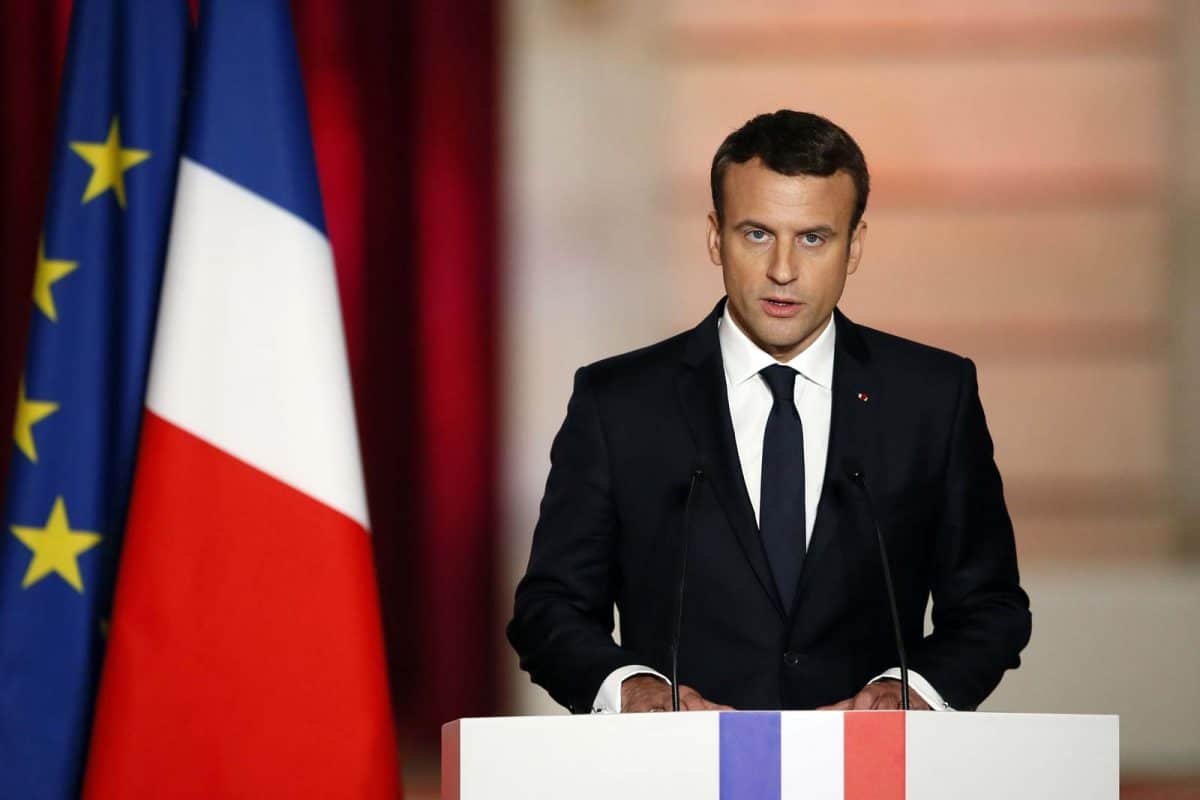
Lecornu’s return means that he will immediately face an existential confidence vote in a National Assembly where the President’s centrist coalition has no majority. With Macron’s approval rating hitting a rock-bottom 14%, the far-right National Rally (RN), led by Jordan Bardella, rightly calls this reappointment a “bad joke” and promises an immediate vote of no confidence.
Jordan Bardella’s National Rally is leading in the polls, sensing blood in the water. The re-emergence of Lecornu signals to both the far-right and the left that Macron remains rigid, unwilling to truly broaden his government to reflect the country’s divided mandate.
The President’s efforts to court the left, even hinting at a delay to his highly contentious pension reform, is a concession that risks angering key conservative allies without satisfying left-wing parties like the Socialists and Communists, who demand wholesale policy change and a prime minister from their own ranks.
As Greens leader Marine Tondelier bluntly put it, the left has been offered “almost nothing,” and “all of this is going to turn out very badly.” The conservative Republicans (LR), whose support is essential, have also fractured, with influential figures like Bruno Retailleau declaring the “common platform” with centrists is dead. French political deadlock is now the defining feature of Macron’s second term.
Why It Matters
The most devastating analysis comes from the head of France’s central bank, François Villeroy de Galhau, who estimates that this relentless political turmoil in France has already cost the economy an estimated 0.2% of extra growth this year. Uncertainty, he warns, is the “number one enemy of growth” .
This is where the President’s rigid approach moves from frustrating to actively destructive. When the country’s top financial voice cries, “I’ve had enough of this [political] mess,” and calls for “compromises (that’s not a dirty word) even forming coalitions,” it is a severe indictment of the Elysee’s failure to lead.
The threat here is the failure to pass the budget, or yet another collapse of government, will further exacerbate France’s budget deficit crisis, harming investment and ultimately, the everyday lives of the French people.

